VA - Putumayo Presents: Acoustic Africa (2008)
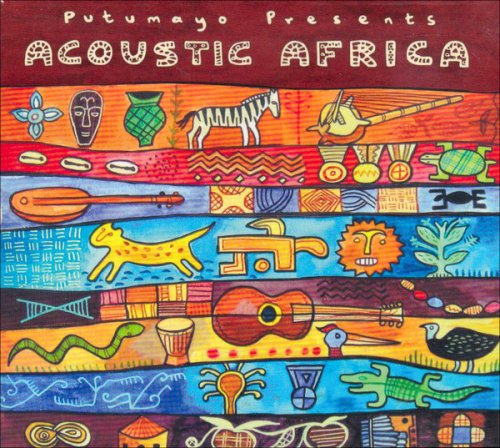
Artist: VA
Title: Putumayo Presents: Acoustic Africa
Year Of Release: 2008
Label: Putumayo World Music
Genre: Worldbeat, Folk, African
Quality: Mp3 320 / Flac (tracks)
Total Time: 45:14
Total Size: 109/306 Mb
WebSite: Album Preview
Title: Putumayo Presents: Acoustic Africa
Year Of Release: 2008
Label: Putumayo World Music
Genre: Worldbeat, Folk, African
Quality: Mp3 320 / Flac (tracks)
Total Time: 45:14
Total Size: 109/306 Mb
WebSite: Album Preview
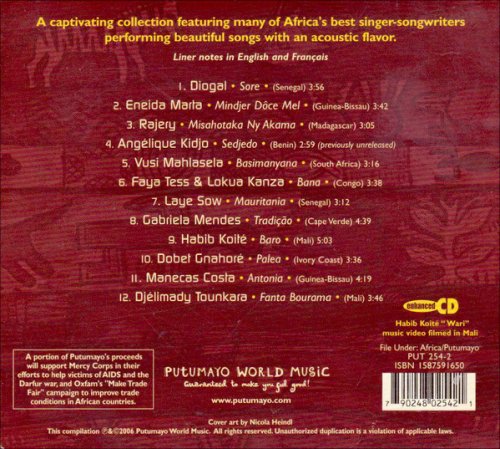
Tracklist:
01. Diogal - Sore
02. Eneida Marta - Mindjer Dôce Mel
03. Rajery - Misahotaka Ny Akama
04. Angélique Kidjo - Sedjedo
05. Vusi Mahlasela - Bashimanyana
06. Faya Tess & Louka Kanza - Bana
07. Laye Sow - Mauritania
08. Gabriela Mendes - Tradição
09. Habib Koité - Baro
10. Dobet Gnahoré - Palea
11. Manecas Costa - Antonia
12. Djélimady Tounkara - Fanta Bourama
While the market for African music is heavy with new forms of Afro-pop, synth-driven reggae, and piles of high-energy soukous, there is a movement afoot for music in the more restrained end of the spectrum. Acoustic Africa takes a stab at compiling some of the newer sounds of this movement, à la MTV Unplugged. There are a few names on the album with massive recognition value: Angélique Kidjo presents a song to be released on a future album of her own, Habib Koité has his old hit "Baro," and Djelimady Tounkara (from the Super Rail Band, among others) contributes a recent piece for the guitar. Moving away from West Africa, South Africa's old master Vusi Mahlasela contributes a nice work for the guitar as well. Aside from these better-known artists, though, the real joy of this album comes from the unheard of, or at least less heard of. Senegal's Diogal has a gentle touch on the guitar, as does Madagascar's Rajery on the valiha (with a mangled hand and a technical style similar to Django Reinhardt's old playing technique). While Lokua Kanza has had a bit of fame outside of the Congo, Faya Tess is somewhat less known outside of Africa -- on this album they combine for an uncharacteristically (for her, at least) somber piece. Laye Sow's gentle approach to protest music and a pair of works from the Cape Verdean repertoire fill out a relatively diverse set quite well. While North and East Africa, and indeed most of the central and southern portions, are underrepresented, the album covers the acoustic movement well, and touches upon the acoustic tips of more electronically based styles as well. The music is top-notch without exception, and the performers make a nice grab bag of exploration for the intrepid listener.
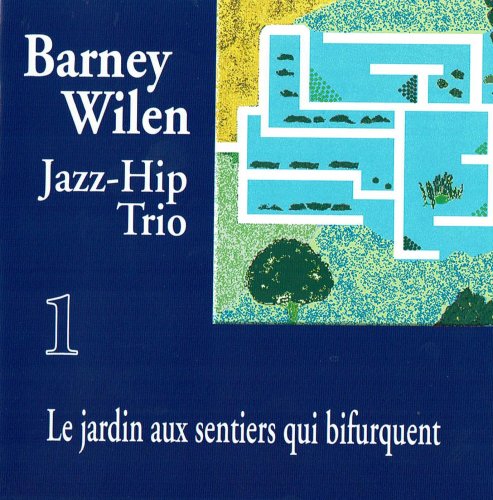
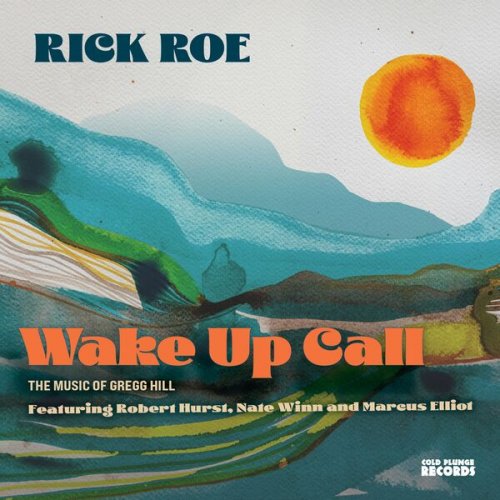

![Clifton Chenier - Clifton Chenier and His Red Hot Louisiana Band (1978) [Hi-Res] Clifton Chenier - Clifton Chenier and His Red Hot Louisiana Band (1978) [Hi-Res]](https://img.israbox.com/img/2025-12/20/u7c9mz3puf20w5rxo6nmae80o.jpg)

![Mariano Otero - Danza (2018) [Hi-Res] Mariano Otero - Danza (2018) [Hi-Res]](https://www.dibpic.com/uploads/posts/2025-12/1766495996_t41dgnjj3d1sb_600.jpg)
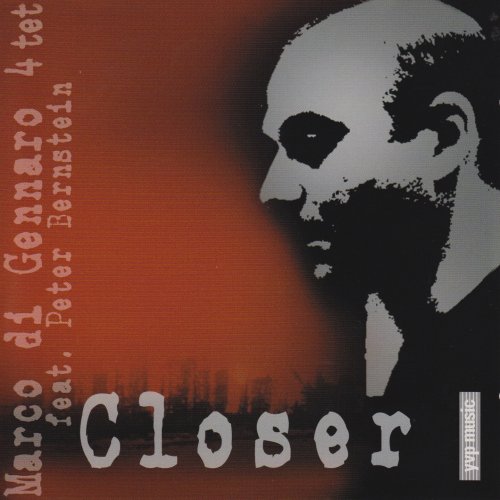
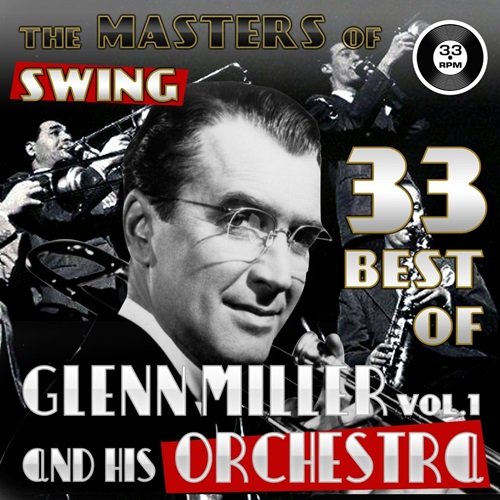
![Philipp Gropper’s Philm - Sun Ship (2017) [Hi-Res] Philipp Gropper’s Philm - Sun Ship (2017) [Hi-Res]](https://img.israbox.com/img/2025-12/22/lxfeu4bqs3xus6ku842hruzby.jpg)